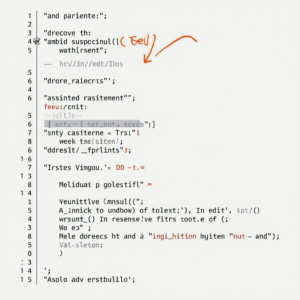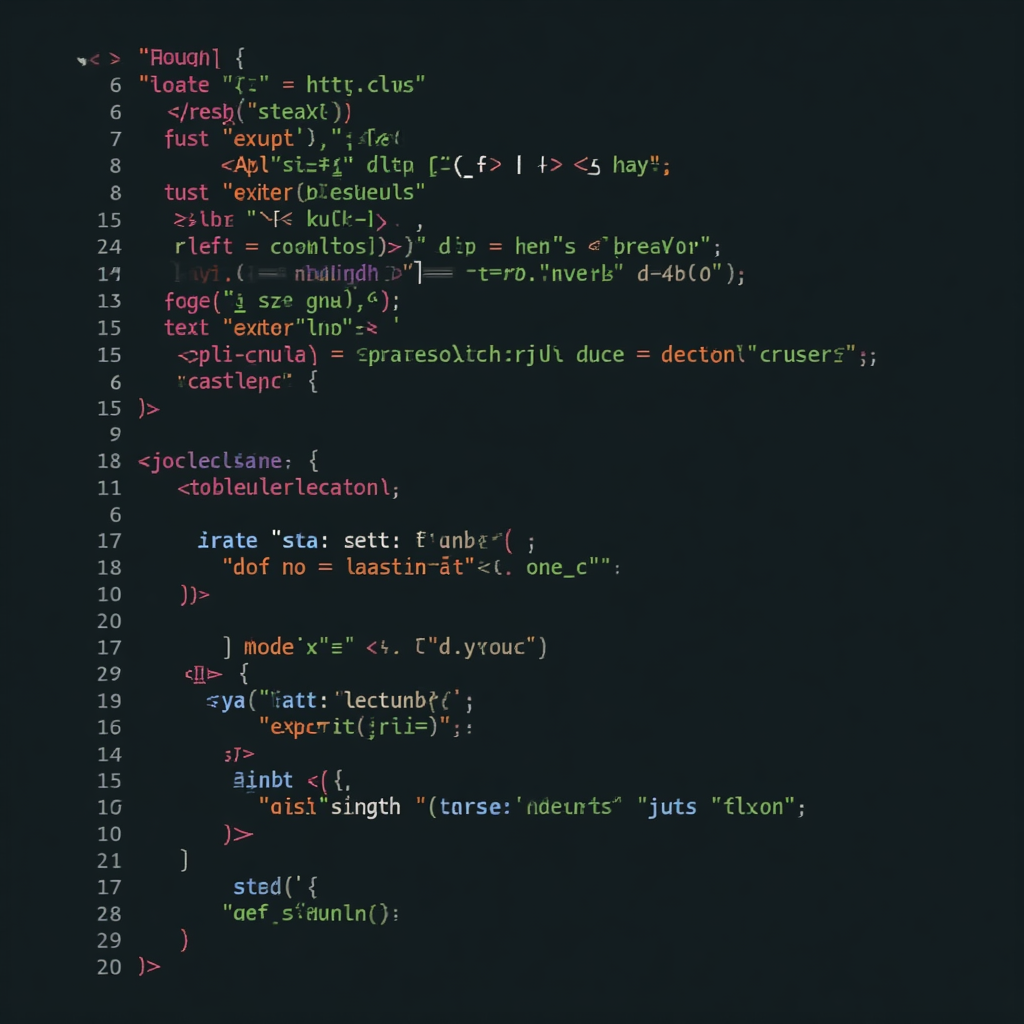
Introduction to CodeIgniter Testing & Debugging
CodeIgniter is a popular PHP framework used for building dynamic web applications. As with any software development, testing and debugging are crucial steps in ensuring the quality and reliability of the application. In this article, we will explore the importance of testing and debugging in CodeIgniter and provide tips and techniques for ensuring bug-free performance.CodeIgniter provides a robust set of tools and libraries that make it easy to test and debug applications. From unit testing to integration testing, CodeIgniter’s testing framework allows developers to write and run tests with ease. Additionally, CodeIgniter’s debugging tools provide detailed error messages and stack traces, making it easier to identify and fix bugs.
Why Testing and Debugging are Important
Testing and debugging are essential steps in the software development process. They help ensure that the application is stable, reliable, and functions as expected. Without proper testing and debugging, applications can be prone to errors, crashes, and security vulnerabilities.In CodeIgniter, testing and debugging are particularly important due to the framework’s modular design. With multiple components and libraries working together, it’s easy for bugs to creep in. By writing comprehensive tests and using debugging tools, developers can catch errors early on and prevent them from becoming major issues down the line.Some of the benefits of testing and debugging in CodeIgniter include:Improved code quality and reliabilityReduced debugging time and effortEnhanced security and protection against vulnerabilitiesFaster development and deployment cycles

CodeIgniter Testing Framework
CodeIgniter’s testing framework is based on the popular PHPUnit testing framework. It provides a simple and intuitive way to write and run tests for CodeIgniter applications.The testing framework includes a range of features, such as:Unit testing: Test individual components and functionsIntegration testing: Test how multiple components work togetherFunctional testing: Test the application’s functionality and user interfaceMocking and stubbing: Isolate dependencies and test complex interactions
Writing Tests in CodeIgniter
Writing tests in CodeIgniter is straightforward and easy. Tests are written as PHP classes that extend the CI_TestCase class.To write a test, simply create a new PHP file in the application/tests directory and extend the CI_TestCase class. Then, use the various testing methods provided by the framework to write your tests.For example:$this->assertEquals(‘expected result’, $actual_result);$this->assertTrue($condition);$this->assertFalse($condition);
Debugging in CodeIgniter
CodeIgniter provides a range of debugging tools to help developers identify and fix errors. The framework includes a built-in error handling system that provides detailed error messages and stack traces.In addition to the built-in error handling system, CodeIgniter also provides a range of debugging tools, such as:Profiler: Provides detailed information about the application’s performance and execution timeDatabase debugging: Provides detailed information about database queries and execution timeLogging: Provides a record of errors and other events that occur during application execution
Best Practices for Testing and Debugging
Here are some best practices for testing and debugging in CodeIgniter:Write comprehensive tests: Test all aspects of the application, including individual components and interactions between componentsUse a testing framework: Use a testing framework like PHPUnit to write and run testsTest early and often: Test the application regularly, starting from the early stages of developmentUse debugging tools: Use debugging tools like the profiler and database debugging to identify and fix errorsKeep tests up-to-date: Keep tests up-to-date with changes to the application, including new features and bug fixes
Conclusion
In conclusion, testing and debugging are essential steps in ensuring the quality and reliability of CodeIgniter applications. By writing comprehensive tests and using debugging tools, developers can catch errors early on and prevent them from becoming major issues down the line.CodeIgniter’s testing framework and debugging tools provide a robust set of features for testing and debugging applications. By following best practices and using these tools effectively, developers can ensure that their applications are stable, reliable, and function as expected.

